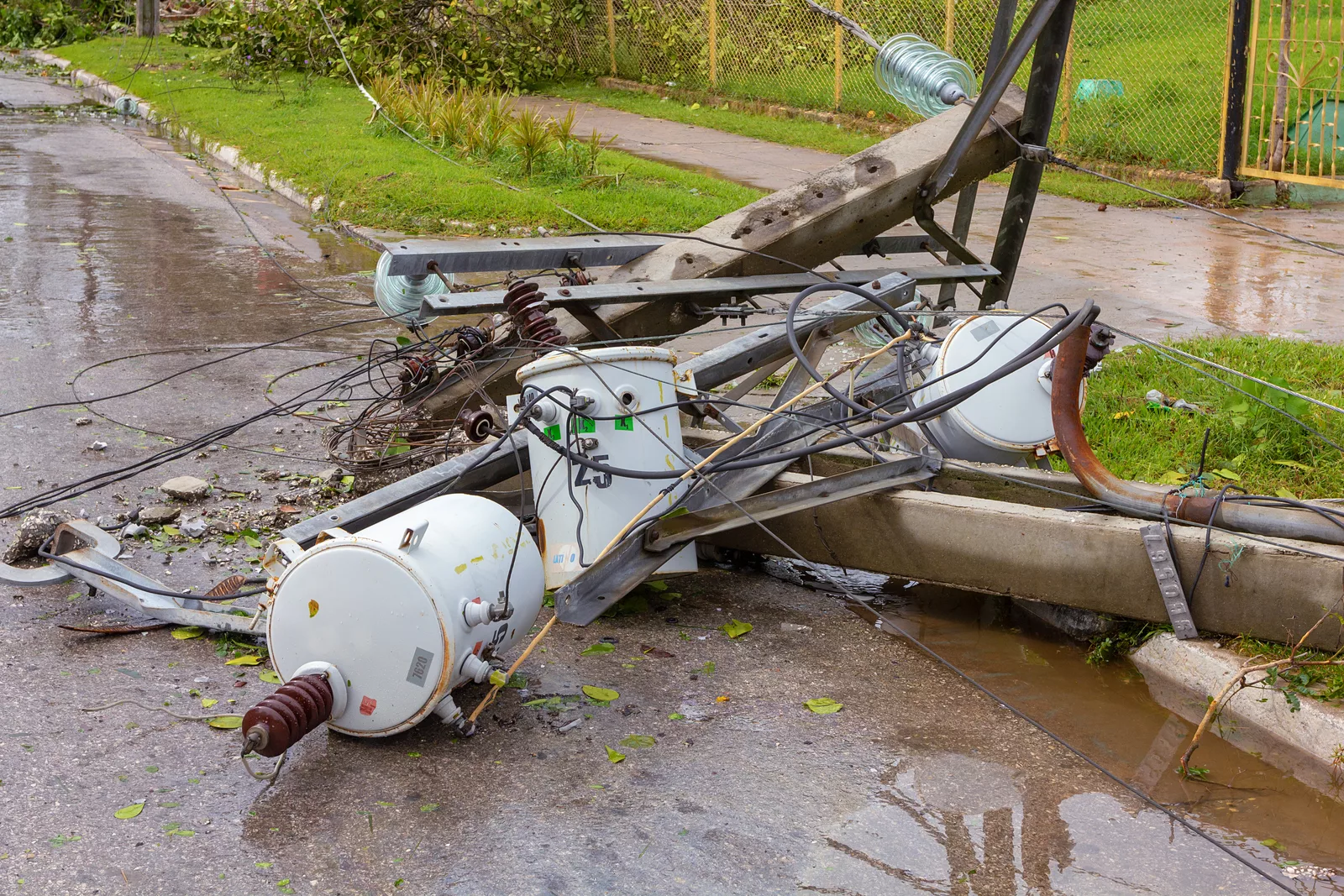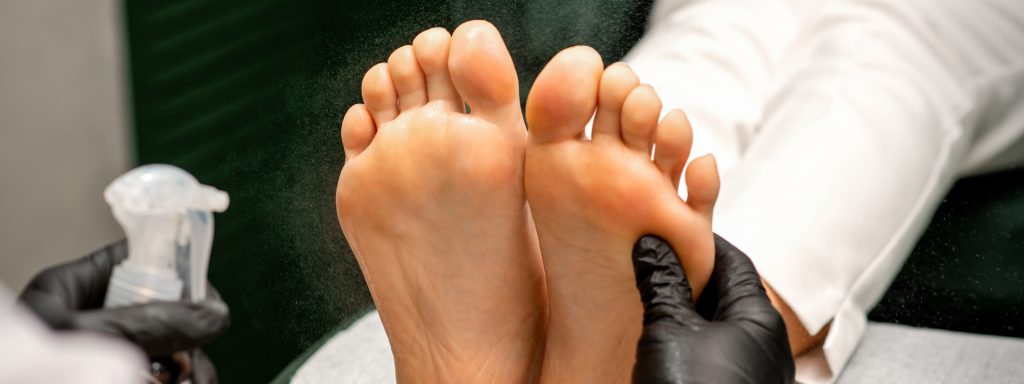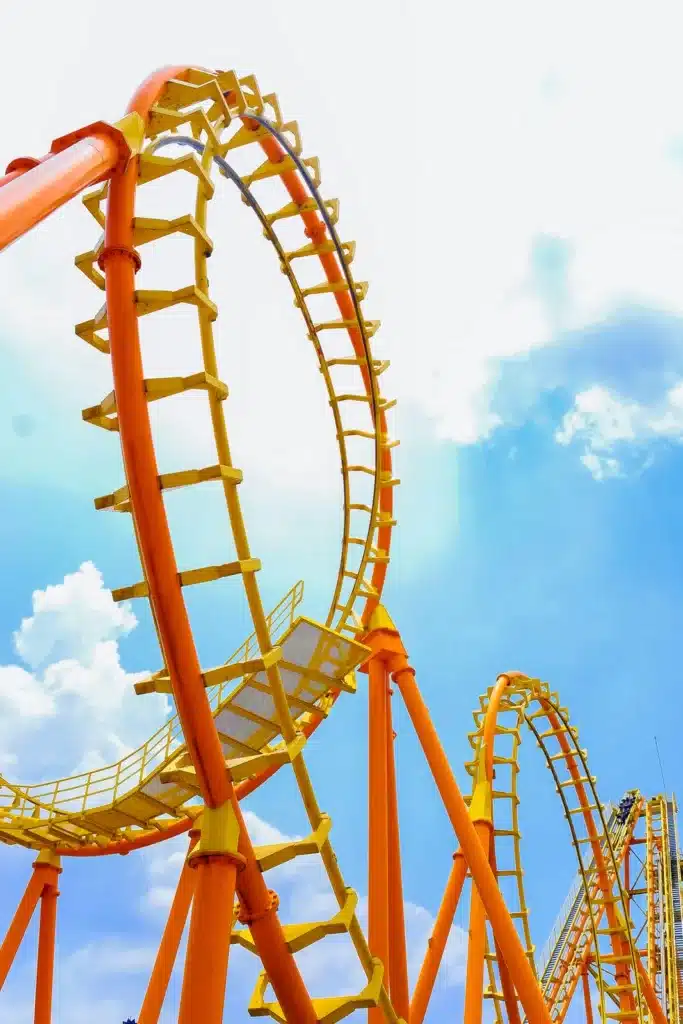Who Can Be Held Accountable if a Downed Power Line Injures You?
Electrical accidents involving downed power lines can be extremely dangerous and often cause severe, life-altering injuries. These incidents may lead to serious conditions such as electrical injury, electric shock, cardiac complications, and other potentially fatal outcomes. Because electrical hazards can arise suddenly and without warning, understanding who may be legally responsible for your injuries is crucial.
Liability for power line accidents depends on several factors, including whether a utility company failed to maintain its equipment, whether a property owner ignored a known hazard, or whether a contractor performed unsafe electrical work. Utility companies, property owners, equipment manufacturers, power providers, and third-party contractors may all be held responsible if their negligence contributed to the accident. To prove negligence, an injured person must generally show that the at-fault party owed a duty of care, breached that duty, and caused the injuries and resulting damages.
If you were harmed by a fallen power line, you may be entitled to pursue compensation through a personal injury claim or lawsuit. Compliance with the National Electrical Safety Code and other safety standards plays an important role in determining who may be at fault. A knowledgeable Florida electrocution attorney can help evaluate your case, explain your rights, and guide you through the process of seeking compensation.
Understanding Electrical Accidents and Their Dangers
Electrical accidents can happen almost anywhere on construction sites, in residential neighborhoods, or in public spaces. These incidents often occur due to poor maintenance, exposed electrical components, faulty wiring, or unintentional contact with live power lines. Because the human body conducts electricity so efficiently, even a brief encounter with a live wire can cause severe burns, internal injuries, neurological damage, or fatal electrocution.
Utility companies are responsible for maintaining safe electrical systems, while construction workers and other professionals must follow strict safety protocols when working near power lines. Despite established safety standards such as those outlined in the National Electrical Safety Code, accidents still happen when systems deteriorate or safety procedures are ignored. If you or a loved one has been injured in an electrical accident, it may be in your best interest to consult a personal injury lawyer who can help you pursue compensation for medical bills, lost earnings, and pain and suffering.
Rafael Del Medico
RTRLAW are your guys in any case regarding personal injuries they made sure my insurance paid in full and thanks to that I saved hours of calls to the insurance companies and filling more claims thank you very much, highly recommended
What to Do If You Encounter a Downed Power Line
If you come across a downed power line, your safety and the safety of others depend on immediate and careful action. Always treat any fallen line or exposed wire as if it were live. Here are essential precautions:
- Assume all downed lines are energized and extremely dangerous.
- Avoid approaching or touching any line or nearby electrical equipment. High-voltage electricity can cause severe electrical burns and internal injuries.
- Do not attempt to move the line or drive over it.
- Stay away from standing water, as water conducts electricity.
- Call 911 immediately and report the hazard to local authorities and the utility company.
- Remember that electrical current can travel through the ground for up to 35 feet from the downed line.
Why Power Lines Fall and Create Dangerous Conditions
Downed power lines can result from various circumstances, many of which are outside the public’s control. Severe weather, such as high winds, hurricanes, or ice storms, is one of the most common causes. Vehicle collisions, animal interference, and construction incidents can also bring lines down.
Other causes include aging infrastructure, lack of proper maintenance, and environmental stress. Utility companies are responsible for keeping their equipment in safe working condition, while homeowners must maintain service lines on their property. Construction workers are especially vulnerable and must follow safety precautions to avoid accidental contact.
If a line fell due to negligence, a personal injury attorney can help determine the cause and identify which parties may be liable for your injuries.
Electrical Safety Practices and How Accidents Can Be Prevented
Preventing electrical accidents requires a coordinated effort among utility companies, contractors, employers, and property owners. The National Electrical Safety Code outlines critical safety protocols for installation, maintenance, and inspection of electrical systems.
Utility companies must regularly inspect power lines, manage vegetation, and plan for severe weather conditions. Employers are responsible for providing proper training, safety equipment, and hazard awareness. Contractors must follow electrical regulations and ensure repairs and installations are completed safely. Reporting damaged lines or exposed wires can also help prevent accidents before they happen.
Routine inspections, timely repairs, and ongoing worker education are key elements in reducing the risk of electrical injuries.
Types of Injuries Caused by Downed or Exposed Power Lines
Exposure to high-voltage electricity can lead to catastrophic, life-changing injuries, including:
- Electrical burns that damage muscles, nerves, and internal organs
- Neurological injuries, including brain damage
- Cardiac arrest or other heart complications
- Permanent scarring or disfigurement
- Long-term or permanent disability
Victims and their families may also experience emotional and psychological trauma, especially when the injuries are severe or fatal. If you lost a loved one due to an electrical accident involving catastrophic injuries, you may have grounds for a wrongful death claim.
Workers injured on the job may qualify for workers’ compensation, and in some cases, they may also pursue third-party claims against negligent parties outside of their employer.
Who May Be Held Responsible for Downed Power Line Injuries?
Liability for downed power line injuries can extend to multiple parties. Utility companies are often responsible when they fail to inspect, repair, or maintain their electrical lines and equipment. However, property owners, contractors, and government entities may also share responsibility if they failed to follow safety protocols or created unsafe conditions.
In some cases, several parties may be jointly liable if negligence by one party compounds hazards created by another. A personal injury lawyer can help determine who is responsible and pursue full compensation for your losses.
How Electrical Accident Investigations Are Conducted
A thorough investigation is essential after any electrical injury. Investigators typically:
- Review accident reports and emergency response documentation
- Examine the power lines, poles, and related electrical equipment
- Gather photographs, videos, and witness statements
- Consult engineers and electrical experts
- Determine whether poor maintenance or equipment failure caused the accident
An experienced injury lawyer can oversee this process and ensure critical evidence is preserved to support your claim.
Why Holding Negligent Parties Accountable Matters
Holding negligent parties responsible is essential not only for securing compensation but also for improving public safety. When utility companies, contractors, or property owners fail to follow safety standards, they can create hazards that endanger entire communities.
A personal injury lawsuit can help you pursue damages for medical expenses, lost income, pain and suffering, and other losses. In cases involving catastrophic injuries or fatalities, a wrongful death claim may also be appropriate.
Recovering Medical Costs After a Downed Power Line Injury
Electrical injury victims often face long-term medical treatment and rehabilitation. With the help of a skilled lawyer, you may recover compensation for:
- Economic damages, including medical expenses, lost income, reduced earning capacity, and funeral costs
- Non-economic damages, such as pain and suffering, emotional distress, loss of companionship, and reduced quality of life
A personal injury attorney can evaluate your case and determine what types of damages apply. Some workplace injuries may also be covered under workers’ compensation. If you were partially at fault, you may still recover compensation under comparative negligence laws.
How an Attorney Can Assist After a Power Line Accident
An attorney who handles electrical injury cases can help identify responsible parties, negotiate with insurers, and take legal action if necessary. Utility companies, property owners, public agencies, and electrical contractors may all be held accountable depending on the circumstances.
The experienced attorneys at RTRLAW understand how to navigate complex electrical injury claims and pursue compensation from insurers and negligent parties. If you or a loved one suffered injuries or a fatality due to a downed power line, you may be entitled to recover damages for medical bills, lost wages, and funeral expenses.
Contact us today to schedule a free consultation and discuss your legal options.
Protecting Your Rights After an Electrical Accident
If you have been involved in an electrical accident, taking action quickly is critical. Contact an experienced personal injury or electrocution attorney as soon as possible. Evidence must be preserved, deadlines must be met, and insurers must be properly notified.
A skilled lawyer can help gather necessary documentation, file claims, and advocate for your right to fair compensation.
How a Personal Injury Lawyer Can Help You Pursue Compensation
A knowledgeable injury lawyer will identify who is responsible, handle communication with insurance companies, and guide you through filing a claim or lawsuit. Insurance companies often prioritize their own financial interests, which is why legal representation is so important.
RTRLAW’s attorneys work tirelessly to secure compensation for injured clients, including those harmed by downed or exposed power lines. If you have suffered injuries or lost a loved one, an attorney can help you pursue compensation for medical care, long-term treatment, or funeral and burial expenses.
Contact RTRLAW to schedule a consultation and learn more about your legal options.


 CALL US NOW
CALL US NOW TEXT US NOW
TEXT US NOW



























